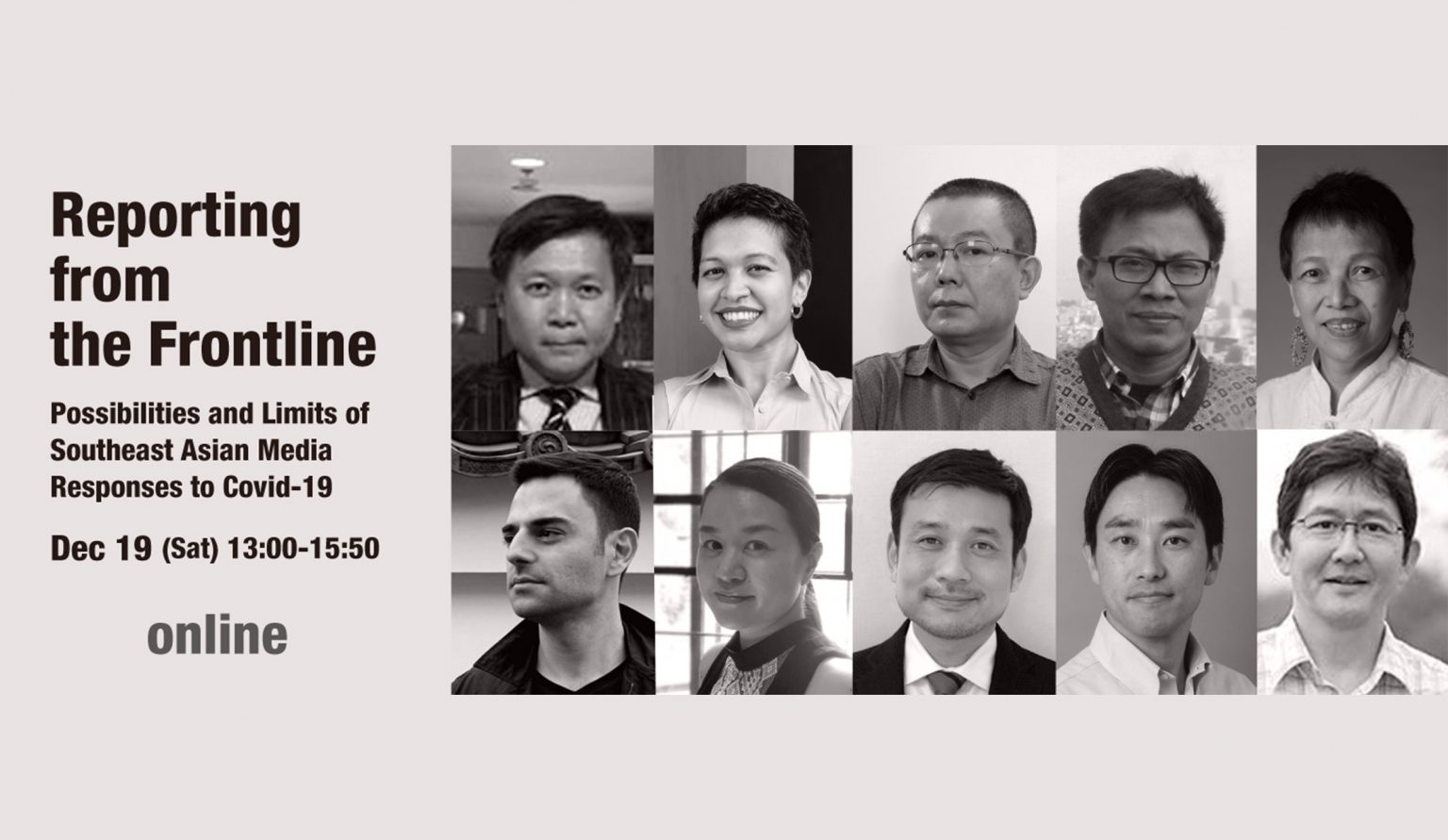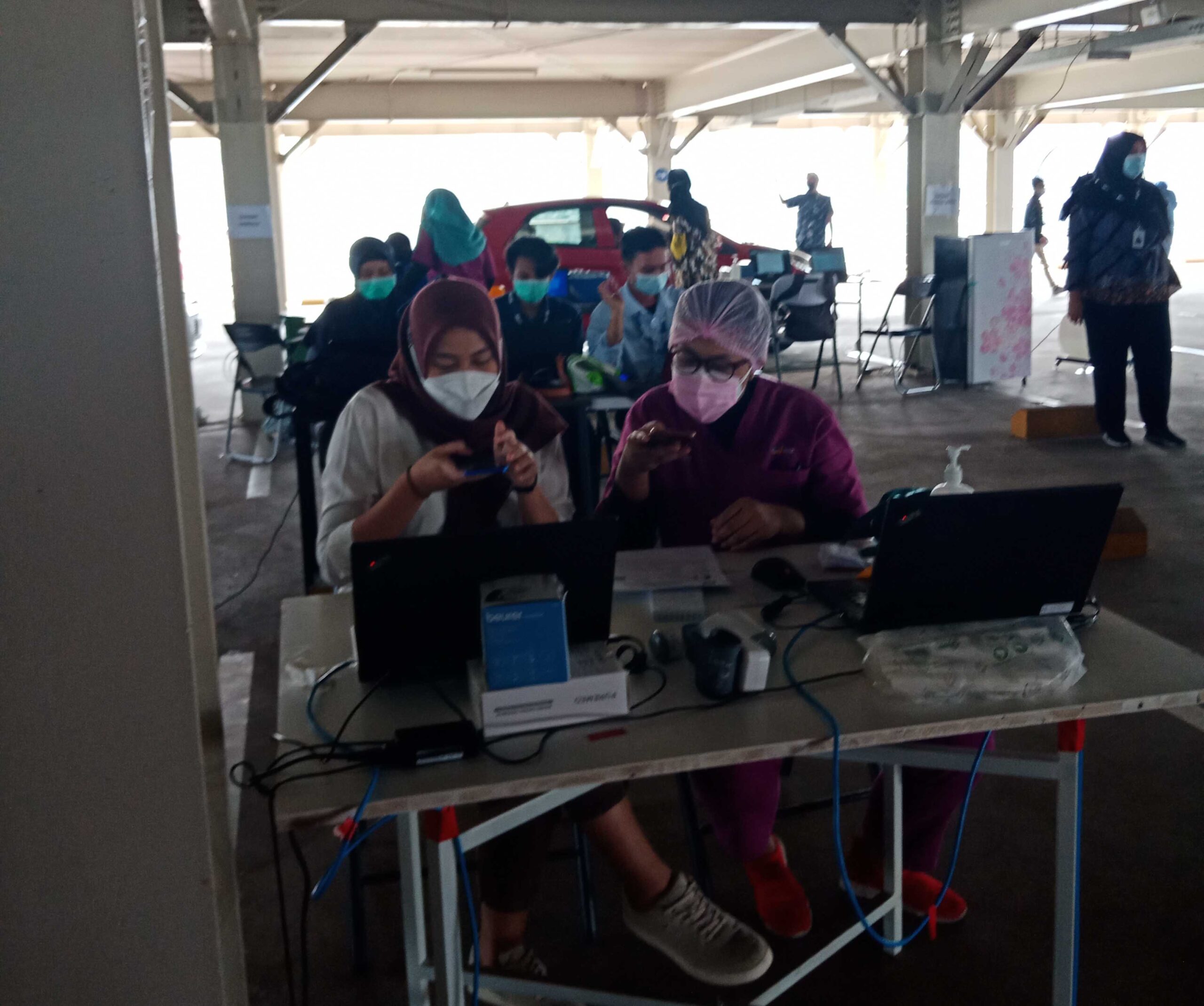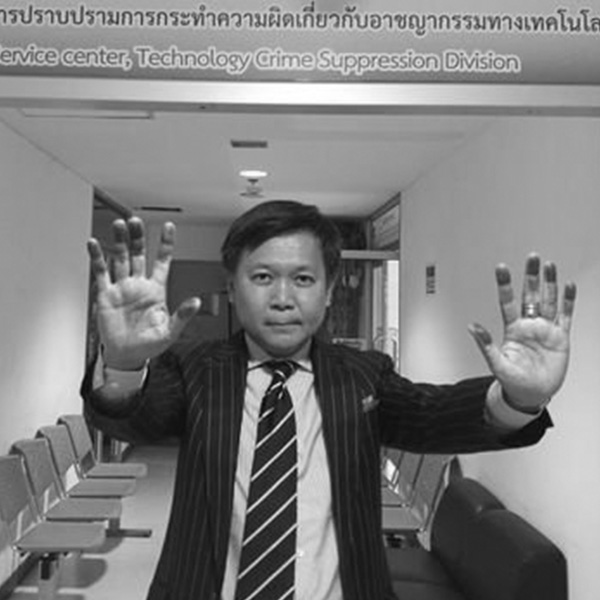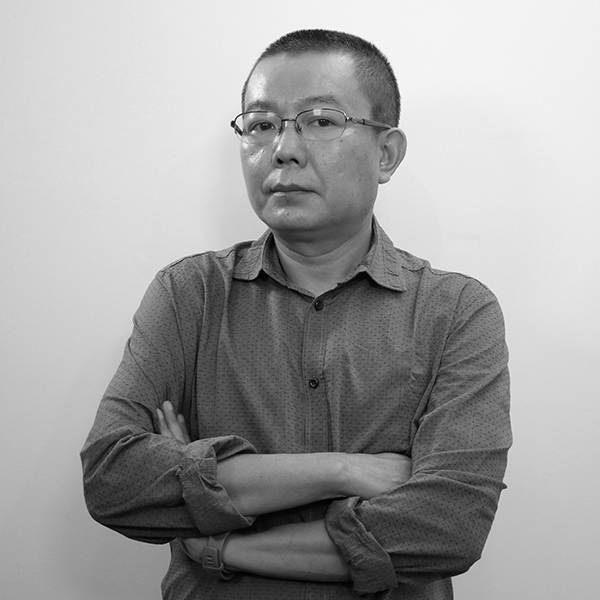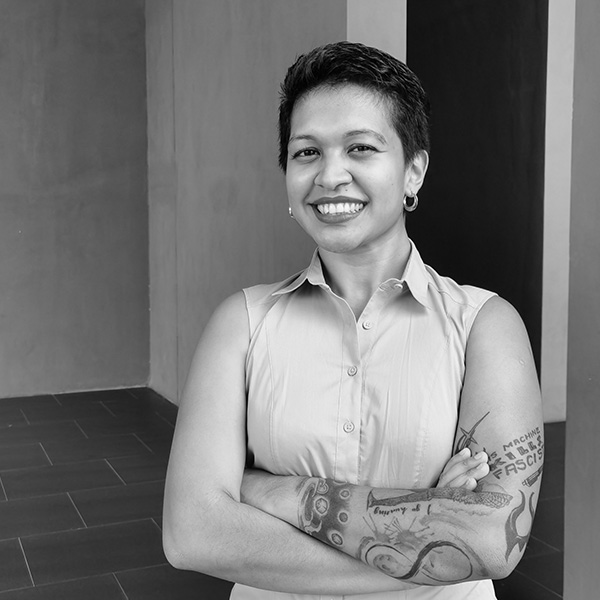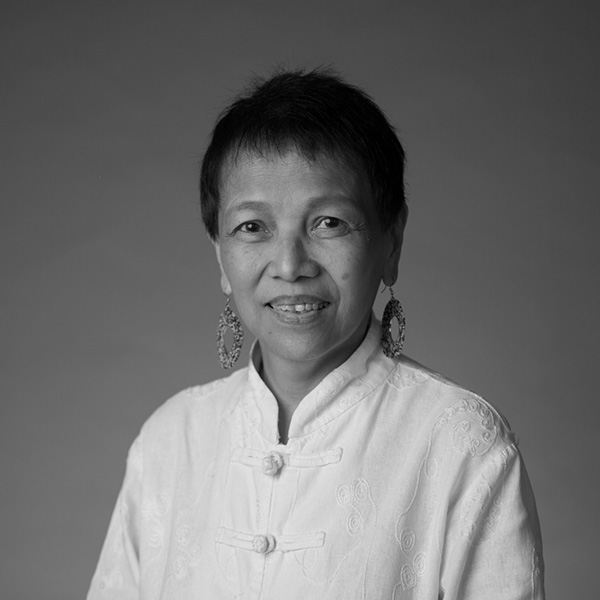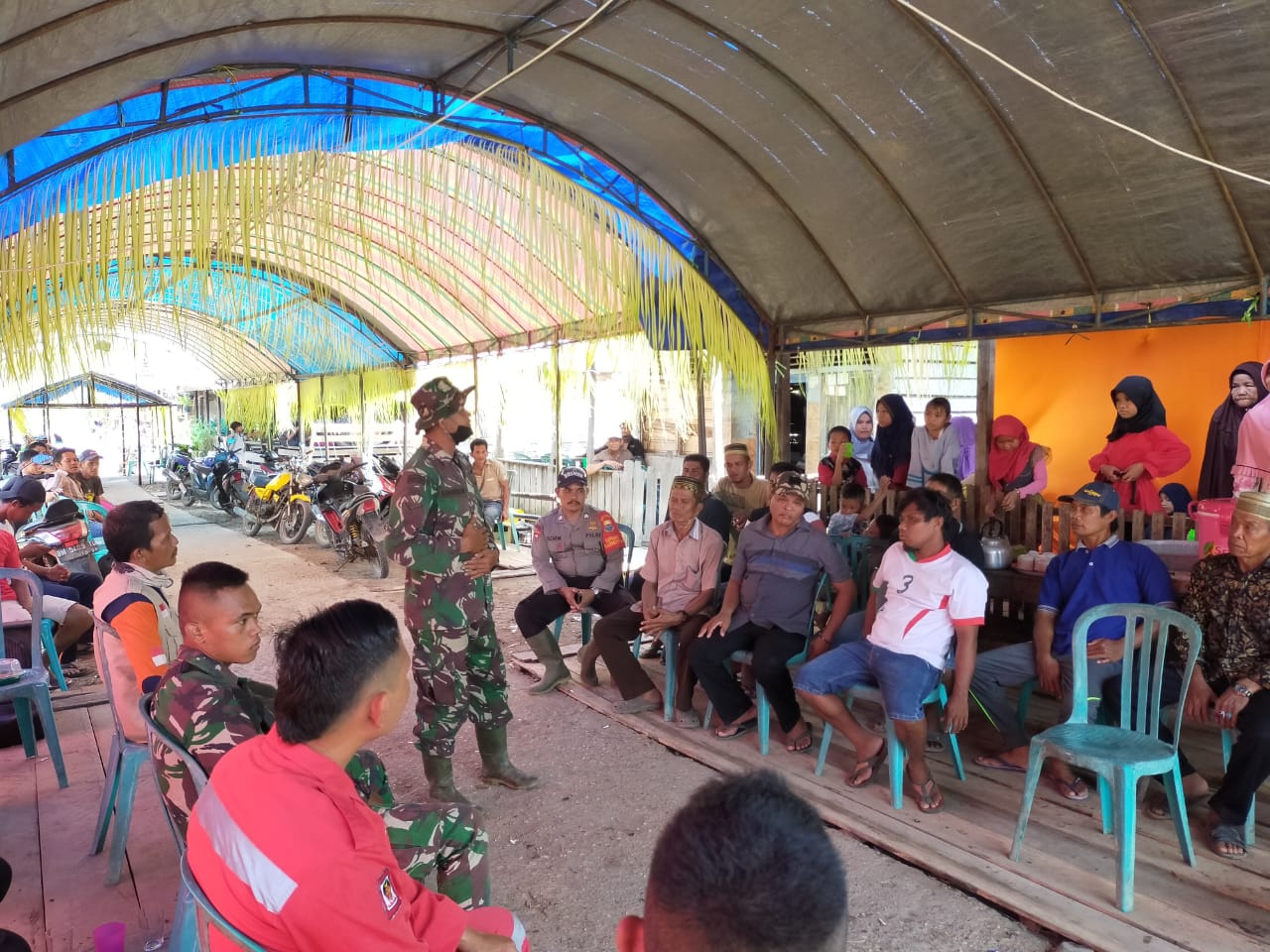Presentation
Regressive Indonesian Freedom? The Rise of Digital Harassment against Journalists and Civil Society in the midst of COVID-19 pandemic
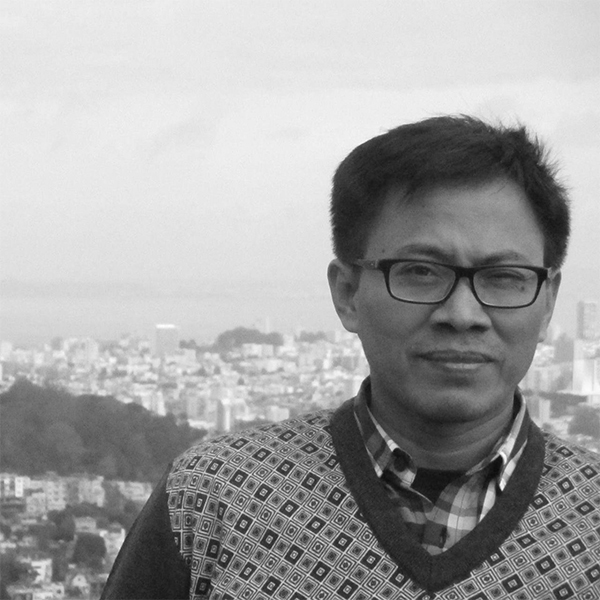 |
SpeakerAbdul Manan(Tempo) |
Abstract
The Covid-19 pandemic was officially recognized as hitting Indonesia in March 2020. Since then the Covid-19 has dragged the economy into a recession. Its direct impact was the economic difficulties of journalists. They have faced the layoffs and the reduction of welfare. And their difficulties will not recovery anytime soon.
Another indirect impact is the deterioration of the quality of democracy due to the increased pressure on freedom of expression amidst the health crisis. The pressure on critical journalists and media is stronger and stronger. Violence against journalists has increased significantly during the pandemic, especially due to the police repression toward the journalists covering massive demonstrations against the discussion and passing of Omnibus Law on Job Creation since early October 2020.
Apart from physical violence, the pressure on journalists also occurs digitally, through the bullying of journalists on social media and the hacking of media newsrooms which have been known to be critical of the government. Even though the number is small, this is a worrying trend because it has a great chance that it will become a new mode of pressure on journalists and the media in the future. This attack in the digital realm has also hit civil society movement activists.
I will share the latest challenges faced by journalists and media in Indonesia during the pandemic, in the form of violence, legal convictions, digital bullying and media hacking.
It was the midnight of 21 August 2020, when the homepage of online media Tempo.co website displayed something weird. At 00.00 (Western Indonesian Time), this news portal site could not be accessed. After 30 minutes, the screen turned black, then the song “Gugur Bunga” (“Fallen Flower,” an Indonesian patriotic song about the death of soldiers, as well as a common song to accompany protests and funerals) was played for 15 minutes while the following words appeared on the screen:
“Stop hoax. Don’t FOOL the people of Indonesia. Return to the right journalistic ethics. Obey the Press Council. Don’t (make news) based on the PEOPLE who PAY (for it). Deface By@xdigeeembok. “
The account, named @xdigeeembok, has been active on Twitter since July 2009 with 465.000 followers, and is known to frequently tweet information defending the government and attacking groups which are against it. Previously, this account also attacked Tempo Magazine, for writing about the government using the service of influencers to counter public criticism of the Job Creation Law, a regulation that has drawn wide controversy.
The account @xdigeeembok also released their hacking information on their attack on Tempo.co. Tempo.co’s I.T. division also identified the hacker, who was using an URL from the United States. The hacker didn’t just change the homepage, but also attempted to shut down the system. Fortunately, the attempt failed because it was quickly resolved by Tempo.co’s IT staff. Around one hour after hack, precisely on the 22 August at 01.24 a.m, the website recovered.
Tempo.co is not the only media facing digital attacks that day. Another media, Tirto.id, also experienced the same problem. As was the case with Tempo, the hacker entered the content management system (CMS) and tried to mess things up from the inside. The hackers on Tirto.id deleted a number of news stories, including those about the participation of the State Intelligence Agency in the manufacture of COVID-19 drugs.
Digital attacks are a form of pressure against the media. During this pandemic, there were actually attempts to hack the social media accounts of Pandu Riono, an epidemiologist from the University of Indonesia, and the website of the Center for Indonesia’s Strategic Developmen Initiatives (CISDI), individuals and institutions that are critical of government policies in dealing with COVID-19.
The hacking of Tempo.co and Tirto.id is a form of violence against the media that the Alliance of Independent Journalists (AJI) has been concerned about for a long time. According to the guidelines for handling cases of violence against journalists issued by the Press Council, the term violence against journalists and the media refers to all types of actions that prevent journalists from carrying out their profession.
In the past 10 years, AJI noted that the number of violent cases against journalists and the media remains high, with an average over 40 cases a year. Types of violence vary, from physical violence, confiscation of working equipment, punishment, to murder. From the first period of Jokowi’s administration until the beginning of his second term in 2019, the number of violent cases against journalists averaged 56 cases per year. There were 40 cases in 2014, 42 cases in 2015, 81 cases in 2016, 60 cases in 2017, 64 cases in 2018, and 53 cases in 20191.
In 2019, cases of violence against journalists were exacerbated by two major events. First, a mass demonstration in front of the Election Supervisory Agency office on Jalan Thamrin, Jakarta, 22 May, 2019. At that time. the people rejected the announcement by the General Election Commission declaring Joko Widodo and Ma’ruf Amin as the elected president and vice president. Second, the demonstrations against the revision of the Corruption Eradication Commission Law. Generally, violence occurs when journalists have documented police violence in handling the demonstrations.
In 2020, again, the number of violent incidences increased. The biggest contributor has been student and civil society demonstrations across Indonesia, with many people rejecting the discussion of the Job Creation Bill. Related to this incident, here were at least 53 cases of violence against journalists by the police in various regions.
In addition to cases of physical violence and confiscation of coverage, 2020 also recorded the convictions of journalists. These were journalists such as Diananta Putra, a Banjarhits journalist who was imprisoned because he wrote news about a conflict between residents and PT Multi Sarana Agro, a company of Jhonlin Group, on 9 November 2019. In the aftermath of this news, Jhonlin reported Diananta to the police and charged him under the Electronic Information and Transaction Law. Diananta was detained shortly after the report. During his trial on 10 August, the judge sentenced him to 3 months and 15 days in prison.
According to the data from AJI, cases of violence against journalists have been dominated by physical violence. However, one phenomenon that is quite worrying is digital violence, from harassment on social media, online threats, to hacking of the newsroom. AJI noted that the first cases of digital attacks against journalists began in 2017.
On 24 December 2017, Top Score sports media journalist Zulfikar Akbar tweeted on his social media accounts, with a tone of introspection, about the refusal of Ustad Abdul Somad to enter Hong Kong. In the aftermath of the tweet on the same day, Zulfikar and his media were accused of being blasphemous on social media. At the end of the case, Zulfikar’s case in sport media was no longer extended.
In the following year, 2018, a digital attack was experienced by Kumparan.com journalist Kartika P. She received threats on her Instagram account after the media published a special coverage entitled ‘Taming Rizieq.’2 She was questioned because she did not use the honorific title ‘habib’3 in front of Rizieq Shihab’s name. In the aftermath, Kartika’s personal information was exposed to @mastermeme.id, the account of one of Rizieq Shihab’s supporters, which caused her to receive threats.
In the same year, there were also two cases of persecution of journalists. One of them happened to detik.com journalist Gibran M.I. He was persecuted online after posting a statement by the spokesperson of the 212 Alumni Brotherhood, Novel Bamukmin. This Islamic Defender Front (FPI) person in his statement, invited women to choose Prabowo (the presidential candidate to challenge Jokowi, now the Minister of Defense) if they wanted to be in heaven. Novel accused the news of being inaccurate.
The use of digital media to intimidate journalists continued in the following year. Two of the victims were journalists working for jubi.co.id, Victor M., and a journalist based at Aljazeera, Febriana F. Victor was doxed on social media by an account called @antilalat and accused of being a liaison for the Free Papua Organization (OPM), an organization that campaigns for Papuan independence from Indonesia. Febriana was also bullied on social media for her coverage of Papua.
In 2019, the use of digital mediums to attack newsrooms that were critical against the government also occurred. One of the victims was Tempo Magazine, due to the magazine’s cover on its 14-20 September 2019 edition, displaying President Jokowi on the cover with the shadow of his nose stretching out as if he were Pinocchio4. The supporters of the President were angry and organized a campaign against Tempo with the #UninstalTempo movement. Following this incident, the popularity of the Tempo application on the Play Store decreased from 4 to 1.
This kind of digital attack occurred again in 2020. Unlike the previous year, this attack was triggered by media reports criticizing the government’s steps in dealing with the pandemic. The first case of digital attacks in 2020 befell journalists at detik.com. What triggered this was news about President Jokowi’s planned visit to Bekasi to check readiness to reopen a shopping center on 26 May 2020.
The President’s plan to reopen a mall in the midst of a pandemic that saw a rising number of COVID-19 cases, has drawn sharp criticism from the public. But a journalist at detik.com, who wrote a story about this, also became the target of the president’s supporters. The attacks were digitally carried out by exposing his identity. He also received murder threats and was terrorized with fictitious food orders.
After that, there was a digital attack on four major media in Indonesia. Two of them are Tempo.co and Tirto.id. In the attack on Tempo, the hackers tried to shut down the system without success. The hacker, who claimed to be the owner of the @xdigeeembok account, changed the appearance of Tempo.co. At least there was one news article of Tempo news was deleted, then subsequently recovered. The account has been suspended since last September 2020.
On Tirto.id, the hacker managed to get in and delete at least seven stories. Two of them are related to the handling of Corona: “The Corona Drug Problem: The Interests of the State Intelligence Agency (BIN) & the Indonesian National Armed Forces to Step Beyond Science,” (20 August 2020)5 and “Various Improprieties of ‘Corona Drugs’ from Unair (Airlangga University), BIN, and the Army” (19 August, 2020).6,7
Among the seven news articles that were deleted, one of them was the Preview of a Korean Drama “Flower of Evil” episode 7 on tvN: Do Min Seok’s accomplices, on 19 August 2020. The deletion of this article was suspected of disguising the main motive for the hack. With both Tempo.co and Tirto.id, cases began with the hacking of the editor’s emails, which were then suspected as being the main entrance to the CMS editorial staff of the two online media.
What happened to journalists detik.com, Tempo.co, and Tirto.id is a series of events that are related to each other. At about the same time, there were also digital attacks on individuals and institutions critical of the government’s handling of the pandemic. By the end of November 2020, COVID-19 had infected more than 500,000 people and claimed more than 16,000 lives.
Digital attacks also took place under an unhappy political atmosphere. Since last year, there are a number of incidents indicating that the government is being more intolerant of critics and intimidation of a civil society that express different views. One of the targets of intimidation are those who are critical of the way the central government in Jakarta handles cases in Papua.
Digital attacks also occur when important government policies seem to favor the interests of elites or oligarchs. One of them is in the Job Creation Law. Despite widespread protests, the House of Representatives still passed the law on 5 October 2020, and President Jokowi signed it a month later. It is no exaggeration to say that digital attacks on journalists, media and civil society are not only a signal of diminishing freedom, but also a symptom of democratic decline, as previously warned by academics and domestic activists and experts from abroad.
Digital attacks on the media are not a new form of attack on the media as they started three years earlier. However, what has triggered these after the first quarter of 2020 media coverage that was critical of Jokowi’s administration. In dealing with a pandemic, the government was considered slow, not having a good strategy and weak in coordinating with local government.
Fake news and disinformation have been widely circulating on social media during the pandemic and it has affected public confidence in mainstream media. So far, a number of major media outlets in Indonesia have special Fact Checking columns, which are dedicated to checking false information circulating in the public domain. This fact-checking tradition began in Indonesia around May 20188 when 22 media outlets took the initiative to support the fact-checking program.
The latest digital attacks on journalists and media were exacerbated by the COVID-19 pandemic. The government’s policy of implementing social restrictions to stem the spread of the virus has had an impact on increasing the use of Internet and social media9. However, there is a political polarization factor due to the 2019 presidential election, one that Jokowi won with 85 million (55.5%) votes, defeating his rival Prabowo Subianto who won 68.6 million (44.5%) votes. Jokowi embraced Prabowo by making him Minister of Defense, but Prabowo’s supporters did not necessarily accept that defeat.
These former Prabowo supporters, especially from hardline Islamic groups, have often criticized government policies on social media, which supporters of President Jokowi have also opposed. Supporters of President Jokowi seem to treat media coverage that is critical of the government as if they were in the same camp as those who were disappointed because they lost the 2019 presidential election. They cannot clearly see that it is the press’s responsibility to carry out the function of social control over those in power.
Notes
- 1 Based on AJI Indonesia’s monitoring. See https://advokasi.aji.or.id/index.php accessed 17 December, 2020.
- 2 For more details on this case, see https://aji.or.id/read/press-release/887/catatan-akhir-tahun-2018-jurnalis-dibayangi-persekusi-dan-kekerasan-fisik.html accessed 17 December, 2020.
- 3 Habib is a title for everyone who is related by blood to the Prophet Muhammad and his family.
- 4 Tempo Edisi 14-20 September, 2019.
- 5 https://tirto.id/soal-obat-corona-kepentingan-bin-tni-melangkahi-disiplin-sains-fYXD
- 6 https://tirto.id/berbagai-kejanggalan-obat-corona-dari-unair-bin-dan-tni-ad-fYLo
- 7 About the hacking to Tirto.id, see https://tirto.id/kronologi-peretasan-berita-tirtoid-dua-artikel-soal-obat-coronafZ2d
- 8 https://nasional.kompas.com/read/2018/05/05/15072311/lawan-hoaks-aliansi-22-media-siber-indonesia-luncurkan-cekfaktacom?page=all accessed 17 December 2020.
- 9 https://data.tempo.co/data/1011/di-masa-pandemi-facebook-paling-digemari-orang-indonesia accessed 17 December,
2020.
- Abdul Manan is the chairman of the Alliance of Independent Journalist (AJI) and an editor at Tempo magazine. He was the AJI general secretary (2005-2008), the chairman of federation of independent media trade union (2009-2013), the chairman of Tempo union (2008-2010), the vice chairman of Tempo union (2010-2013). Manan wrote some AJI report about Indonesian press situation, see at https://aji.or.id/index/buku/1.html
Comment
 |
DiscussantKoichi Kawamura(Institute of Developing Economies) |
The paper written by Abdul Manan is a very good overview of the difficulties that Indonesian media and journalists have faced during an era of the corona pandemic, digitalization, and polarization. By reading his paper, we can understand the various kinds of harassment experienced by journalists and media institutions in Indonesia during recent years.
First, harassment comes in many forms, ranging from physical attacks, threats, and judicial charges, to hacking of personal social media accounts and institutional websites, spreading personal misinformation, and so on. Second, the tools of harassment are also various, from physical to digital. Finally, the sources of harassment also vary; they include not only the military, police, and governmental authorities, but also social organizations, such as religious and pro-government groups.
In his paper, Abdul Manan notes that the number of harassment incidents against journalists has increased, particularly since 2016, and that the first case of digital attack happened in 2017. These two years represent a quite important turning point in the political development of Indonesia. Indeed, many scholars of Indonesia began discussing the deterioration of democracy in Indonesia during these years, particularly after the incumbent governor of Jakarta, a Chinese-Christian, Basuki Tjahaja Purnama failed to win the re-election, mainly due to blasphemy charges and massive demonstrations mobilized by conservative Islamic groups.
Following these political developments, widespread digital harassment also occurred during the 2019 presidential election, from both the side of the incumbent president Joko Widodo, or so-called Jokowi, and the competing Prabowo Subianto. Since then, the Jokowi government has been aggressively using digital tools to censor and oppress not only journalists, but also citizens who criticize government policies. Social media has been widely monitored by the security authorities. While the government actively uses social media to promote its own policies through official accounts as well as its supporters’ accounts, the government, probably in cooperation with its supporters, attacks social media accounts that it perceives to have negative content, no matter if the accounts are those of journalists, scholars, students, or NGO activists. Any social media account or website that is critical of the government is easily exposed to digital harassment, including hacking and doxing. The Jokowi government does not hesitate to arrest citizens who aggressively criticize officials through social media.
In this sense, I totally agree with Abdul Manan’s argument that, “digital attacks on journalists, media and civil society are not only a signal of diminishing freedom, but also a symptom of democratic decline.” I think this is not an exaggeration. Similar to the Philippine case, this trend had already started before the COVID-19 outbreak, and it can be said that digital harassment against journalists and democratic regression has accelerated during the pandemic.
At the end of my discussion, I would like to pose two remaining questions that scholars, journalists, and other practitioners concerned about Indonesia should try to find answers to.
First, ada apa dengan Jokowi?, or what has happened to Jokowi? President Jokowi won the 2014 presidential election against the ex-military officer Prabowo, with support from civil society organizations. His election was welcomed as a sign of the strength of Indonesian democracy. However, under the Jokowi administration, we observe a gradual regression of Indonesian democracy and a rise of illiberalism. Why does Jokowi, against our expectations, ignore principle democratic values such as freedom of expression, freedom of the press, and freedom of association? Is it because of Jokowi’s personal leadership? Do we just misunderstand or expect too much of Jokowi as a civil society’s defender? Or, is Jokowi forced to become undemocratic due to the ongoing social transformation and deepening polarization between the secular camp and the Islamic camp?
Second, why do the Indonesian people still support Jokowi? Despite the regression of liberal democracy, and despite inadequate responses to the COVID-19 pandemic, the approval rate for Jokowi in several national survey polls remains high at around 60-70 percent. This looks similar to the strong support enjoyed by the Philippine president Rodrigo Duterte. What do the Indonesian people expect of their political leader? Not only in Indonesia, but also in other parts of the world, many political leaders who destroy democracy win democratic elections with strong support from the people. To confront these elected autocrats or authoritarians, we have to understand the reasons why and under what conditions people support them.
Koichi Kawamura is a Senior Research Fellow at the Institute of Developing Economies (IDE). He joined the IDE in 1996 and his current position is the Director of Southeast Asian Studies Group I, Area Studies Center. He was a Visiting Research Fellow at the Asia Pacific Studies Center of the Gadja Mada University, Yogyakarta, Indonesia from 2002 to 2004. His research interest lies in the field of constitutional politics, political institutions, and elections in Indonesia. His publications include “Origins of the 1945 Indonesian Constitution,” in Kevin YL Tan and Ngọc Sơn Bùi, eds. Constitutional Foundings in Southeast Asia. Oxford: Hart Publishing, 2019: 49-75; “Politics of Inequality in Indonesia: Does Democracy Matter?” in Keiichi Tsunekawa and Yasuyuki Todo, eds., Emerging States at Crossroads. Singapore: Springer, 2019: 231–253; “Voting Behavior in Indonesia from 1999 to 2014: Religious Cleavage or Economic Performance?” (with Takayuki Higashikata), IDE Discussion Paper No. 512, March 2015; and “President Restrained: Effects of Parliamentary Rule and Coalition Government on Indonesia’s Presidentialism,” in Yuko Kasuya ed., Presidents, Assemblies and Policy-making in Asia. Basingstoke: Palgrave Macmillan, 2013: 156-193.

